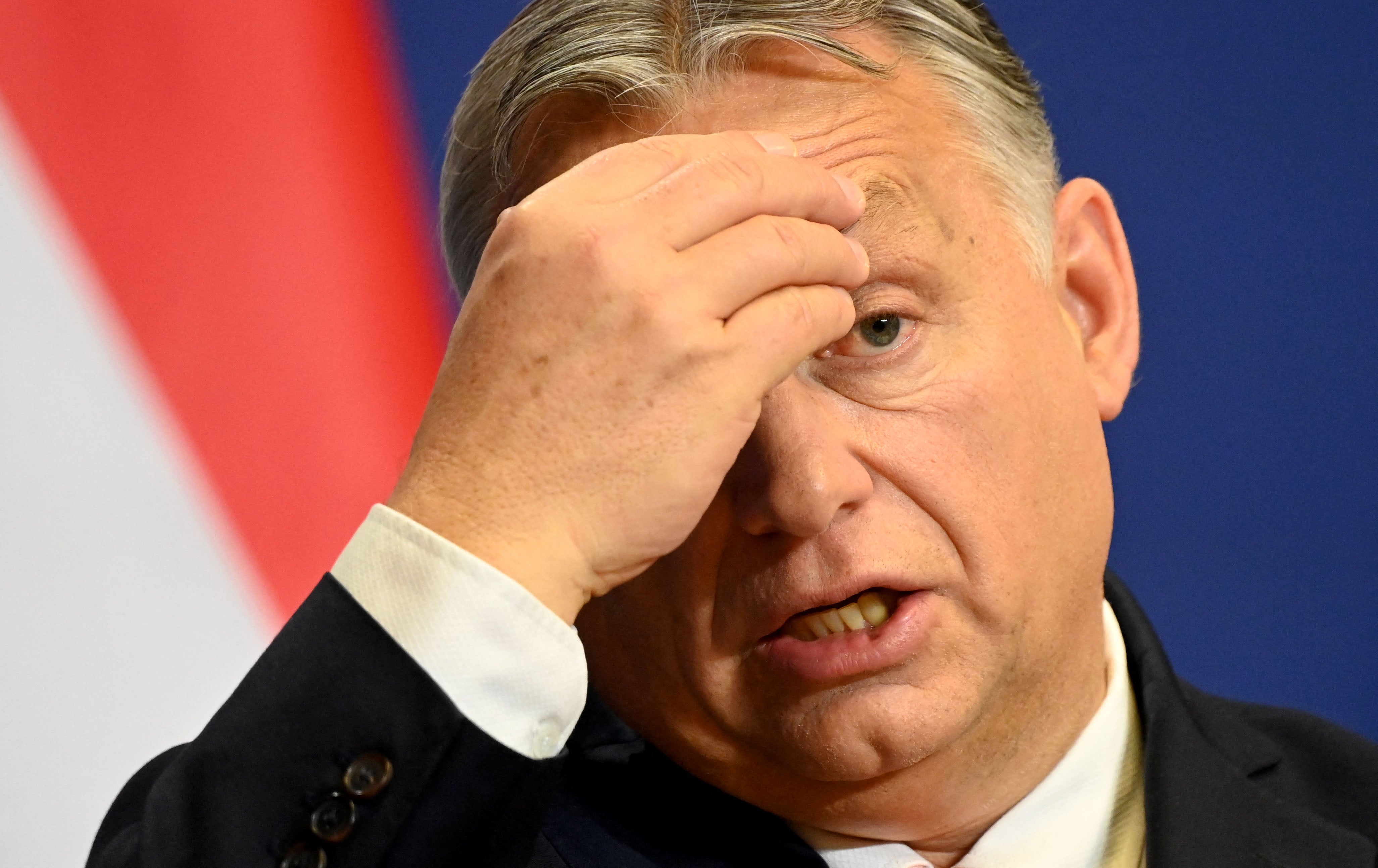Orban’s D-Day: Hungary to hold general election on 3 April
Hungarians will also vote on LGBT issues on the same day

Your support helps us to tell the story
From reproductive rights to climate change to Big Tech, The Independent is on the ground when the story is developing. Whether it's investigating the financials of Elon Musk's pro-Trump PAC or producing our latest documentary, 'The A Word', which shines a light on the American women fighting for reproductive rights, we know how important it is to parse out the facts from the messaging.
At such a critical moment in US history, we need reporters on the ground. Your donation allows us to keep sending journalists to speak to both sides of the story.
The Independent is trusted by Americans across the entire political spectrum. And unlike many other quality news outlets, we choose not to lock Americans out of our reporting and analysis with paywalls. We believe quality journalism should be available to everyone, paid for by those who can afford it.
Your support makes all the difference.Hungary has set 3 April as its general election date, with a referendum on LGBTQ issues to be held on the same day, the president’s office said on Tuesday.
For the first time since taking power in a 2010 landslide, conservative nationalist Prime Minister Viktor Orban and his Fidesz party will face a united front of opposition parties that will make for a close election race.
Voters will decide whether he should continue his policies that prioritise national sovereignty, traditional Christian values and stances against immigration and LGBTQ rights, issues that have soured the Orban government’s relations with European Union headquarters in Brussels.
The opposition alliance includes the Democratic Coalition, the Socialists, liberals and the formerly far-right, now centre-right Jobbik. It is led by Peter Marki-Zay, who in 2018 ended many years of Fidesz rule in the farming town of Hodmezovasarhely where he is now mayor.
Marki-Zay says he has the skills to forge a broad spectrum of voters who are desperate for change but he faces the challenge of holding together his six-party alliance, now running neck-and-neck in opinion polls with Fidesz.
On the day of the election Hungarians will be asked to vote on four government questions regarding LGBTQ issues as Orban is casting himself as the defender of traditional family values as a key part of his campaign.
In the referendum, voters will be asked whether they support the holding of sexual orientation workshops in schools without parental consent, and whether they believe gender reassignment procedures should be “promoted” among children.
They will also be asked whether media content that could affect sexual orientation should be shown to children without restrictions.
Join our commenting forum
Join thought-provoking conversations, follow other Independent readers and see their replies
Comments